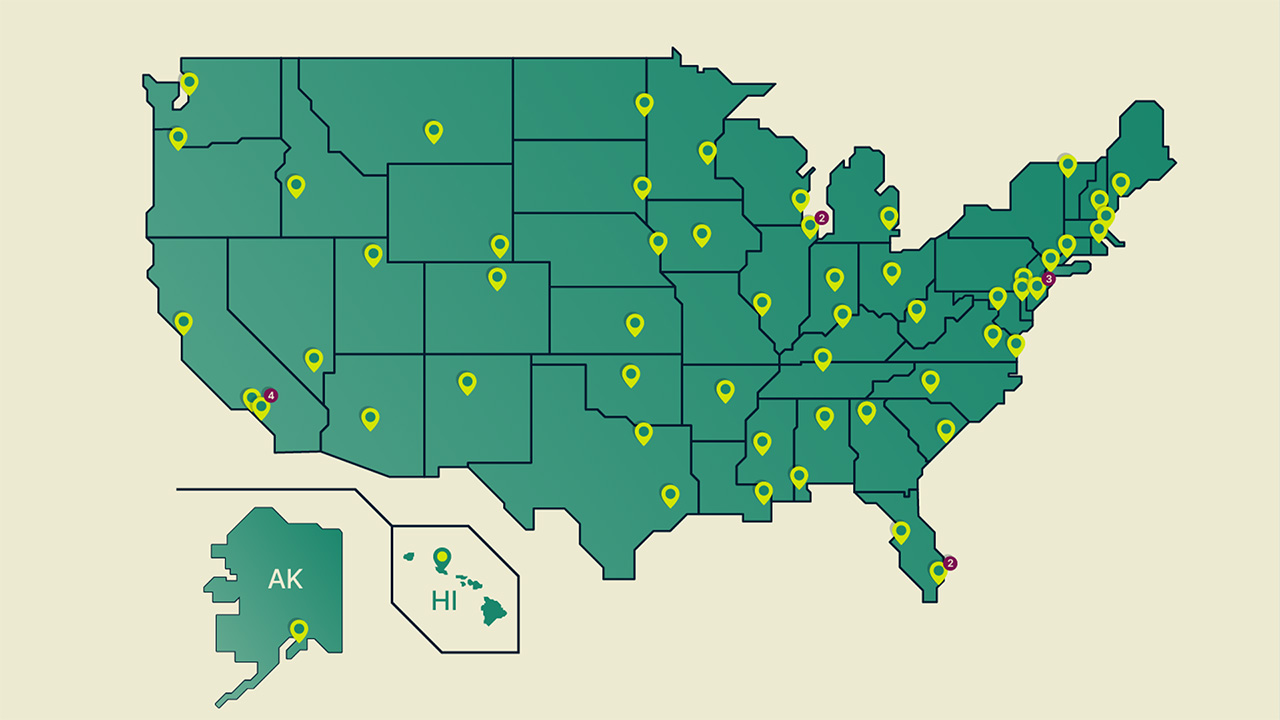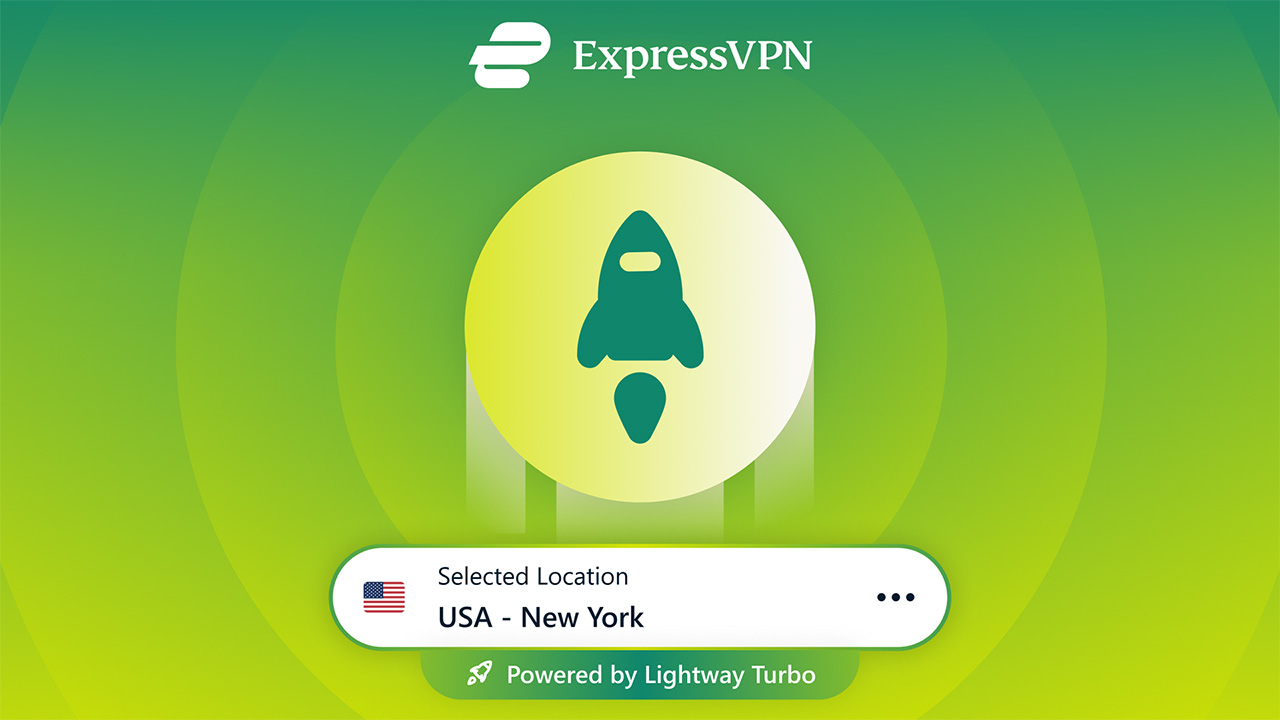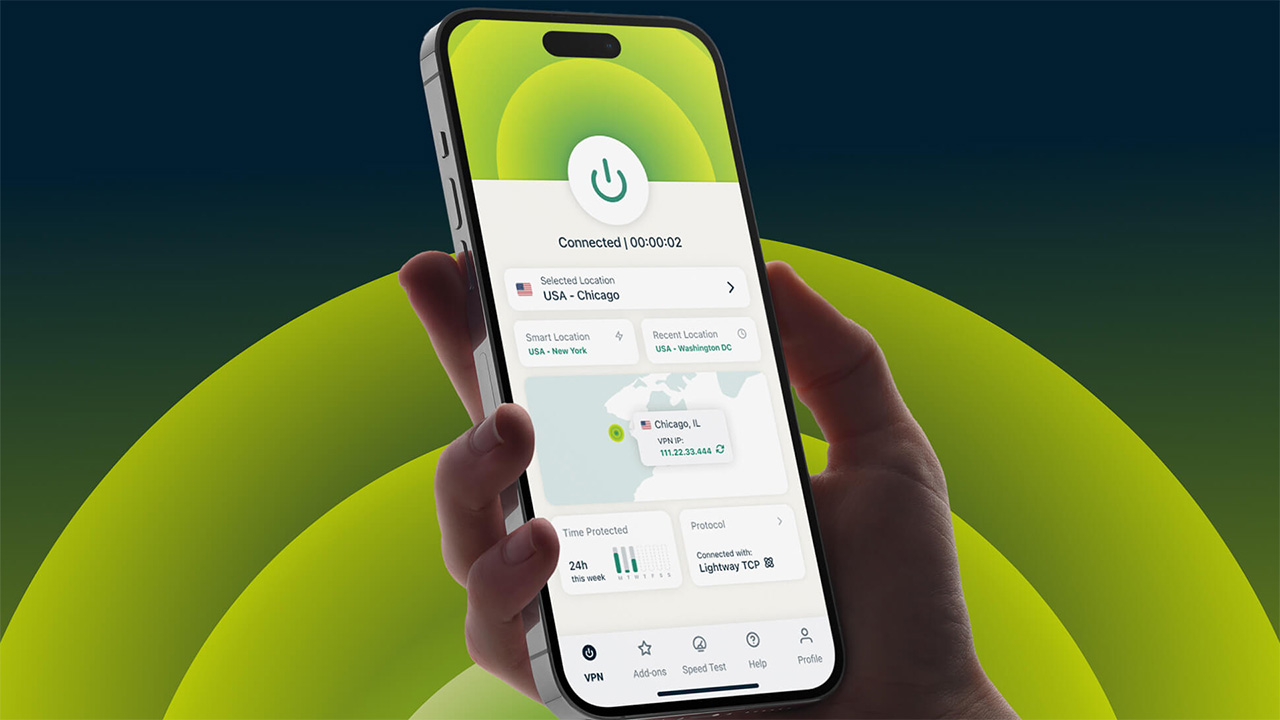ExpressVPN launches servers in every US state – here's why you should care
Very few VPNs offer this option

Here at Tom’s Guide our expert editors are committed to bringing you the best news, reviews and guides to help you stay informed and ahead of the curve!
You are now subscribed
Your newsletter sign-up was successful
Want to add more newsletters?
Join the club
Get full access to premium articles, exclusive features and a growing list of member rewards.
ExpressVPN has upgraded its server network to include one in every US state. There are now 62 server locations across the country, up from 24.
ExpressVPN is one of the only providers on our best VPN list that can claim this title. Private Internet Access (PIA) – also owned by Kape Technologies – is the only other VPN we recommend that has a server in every US state.
Operating servers in every US state means faster speeds for ExpressVPN users. There can be a wider distribution of server load – the number of people using a particular server at one time – but users are also physically closer to them.
How are the servers set up?
The launch of the new servers has seen ExpressVPN increase its US server count by 38, with multiple servers in the high-demand areas of Los Angeles and New Jersey.
All of ExpressVPN's servers are physical, but there won't necessarily be a physical server in every state. A proportion of locations are virtual servers and your traffic is routed through a physical server nearby.
Regardless of this, your IP address will always match that of your chosen state.
The new servers run on ExpressVPN's TrustedServer technology. This is RAM-only and wipes all data every time it reboots – a reboot cycle is completed every week.
Fast speeds will also be delivered thanks to ExpressVPN's unique Lightway Turbo protocol. In our latest round of testing, we saw ExpressVPN hit speeds of 890+ Mbps, which makes it one of the fastest VPNs.

Shay Peretz, Chief Information Officer at ExpressVPN said the provider wanted to "meet users where they are."
"People want privacy that works with the rest of their lives. They want tools that match the digital environments around them, without friction. Our goal is to make that possible without sacrificing security or speed," he added.
How do other VPNs compare?
ExpressVPN has servers across all of the US, covering 62 locations and 50 states. How does this compare to its competitors?
- NordVPN - 2,772+ US servers, covering 22 locations and 12 states
- Surfshark - 600+ US servers, covering 22 locations and 16 states
- Proton VPN - 3,576 US servers, covering 19 locations and 17 states
- PIA - Undisclosed number of US servers, covering 55 locations and 50 states
Why does this server spread matter?
In the grand scheme of things, having a server in every US state isn't crucial. Major locations such as New York, Texas, Florida, Chicago, and California will always be covered.
For those connecting from outside the US, state-specific servers aren't normally required. But for those living in the US, there may be a need to connect to a server in a certain state.

The US has state and federal governments, meaning laws can differ from state to state. Websites can be blocked or restricted in certain states and you may want to connect from another state to access them.
Bypassing broadcasting blackouts can be another reason you may need a server in every US state. Sports broadcasting has a history of blackouts, and certain agreements may result in a game not being broadcast for some viewers.
Ticket sales, distance from the ground, and exclusive rights deals are all reasons blackouts may occur.
You should ensure you're not breaking any laws or terms and conditions before using a VPN to access restricted content.
Finally, as mentioned above, having geographically closer servers can improve speeds and help distribute server load.
We test and review VPN services in the context of legal recreational uses. For example: 1. Accessing a service from another country (subject to the terms and conditions of that service). 2. Protecting your online security and strengthening your online privacy when abroad. We do not support or condone the illegal or malicious use of VPN services. Consuming pirated content that is paid-for is neither endorsed nor approved by Future Publishing.

George is a Staff Writer at Tom's Guide, covering VPN, privacy, and cybersecurity news. He is especially interested in digital rights and censorship, and its interplay with politics. Outside of work, George is passionate about music, Star Wars, and Karate.
You must confirm your public display name before commenting
Please logout and then login again, you will then be prompted to enter your display name.
 Club Benefits
Club Benefits










